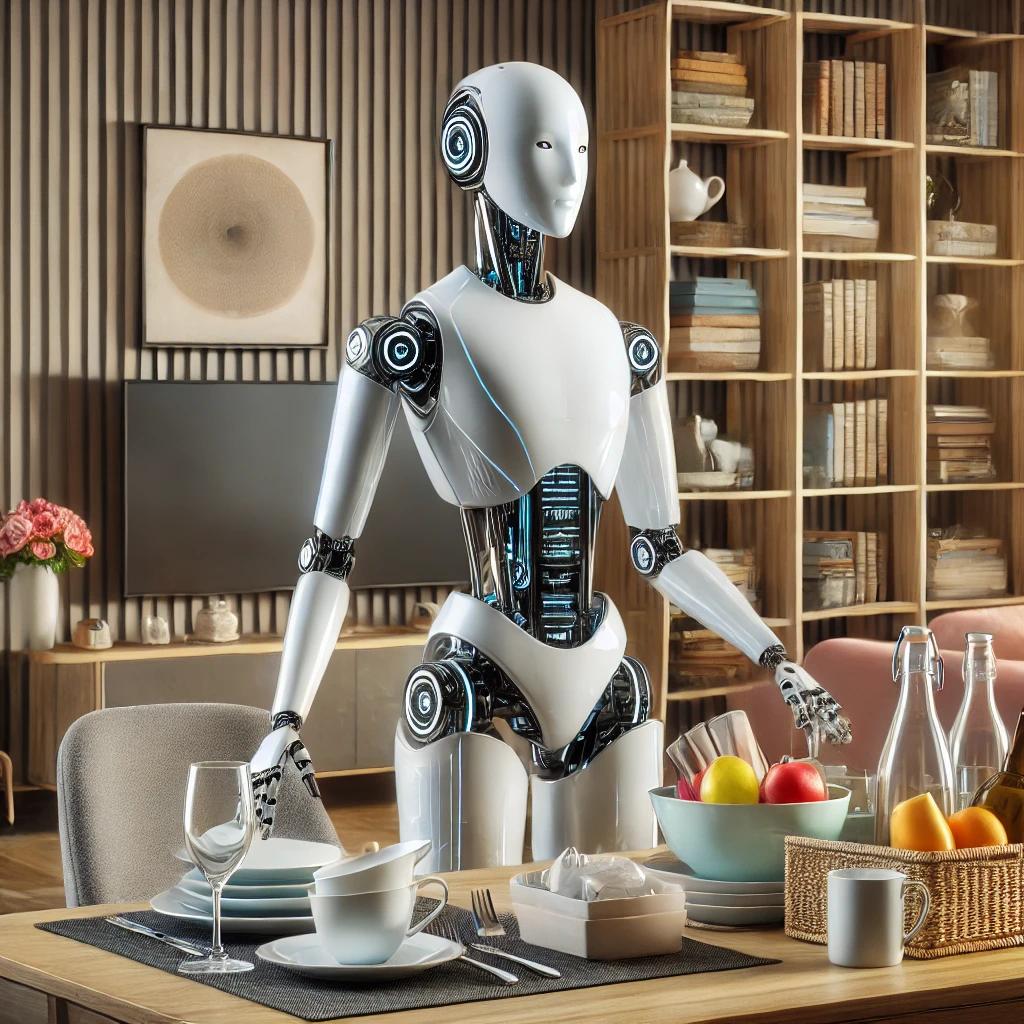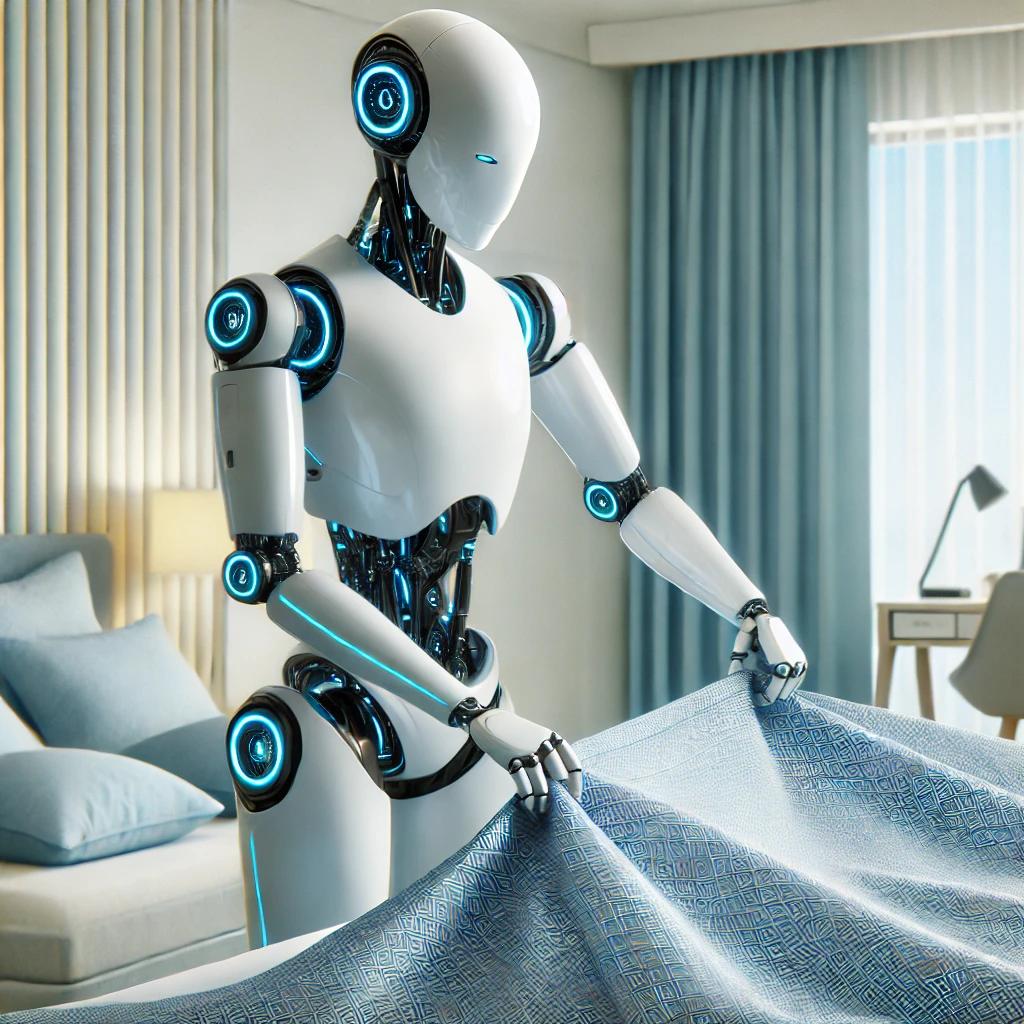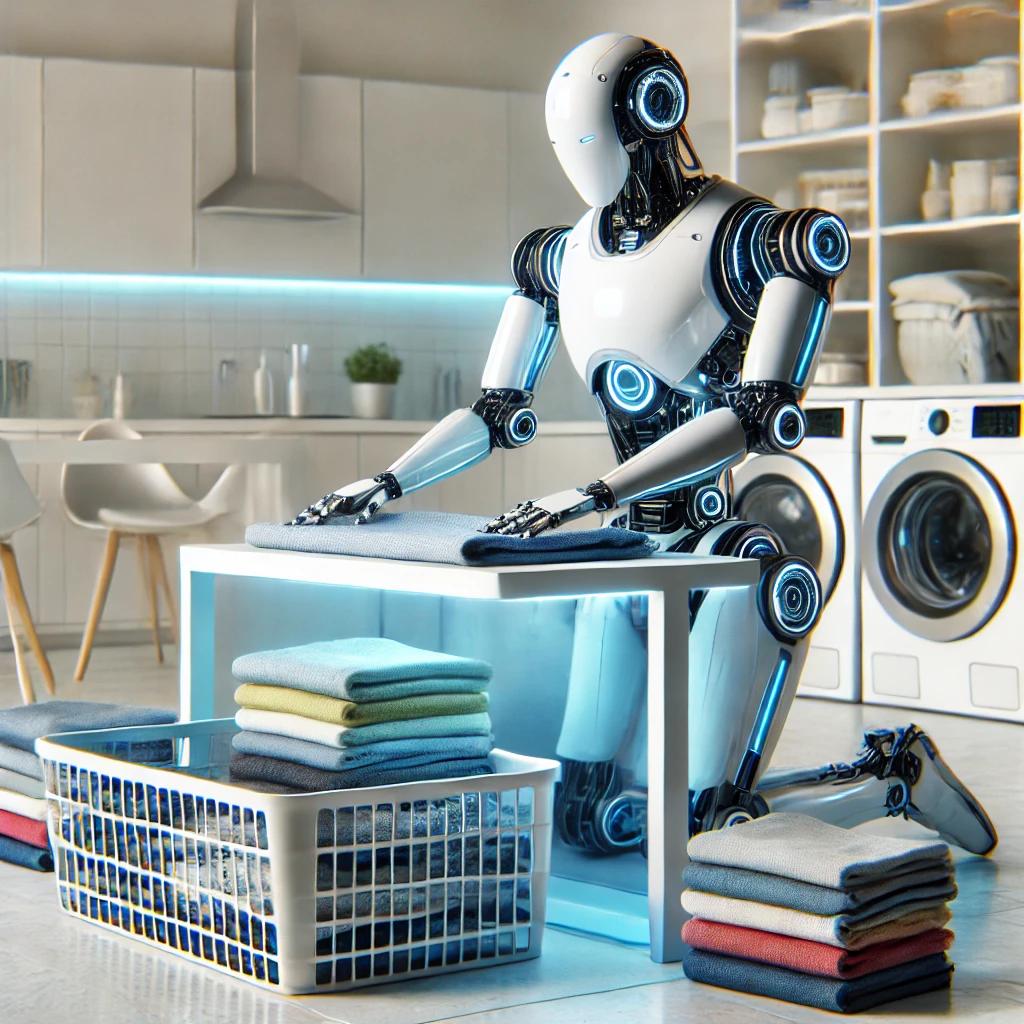Imagine a robot doing your laundry, making your bed, and keeping your house spotless. That’s no longer science fiction. China’s Agibot robotics company has unveiled futuristic chore-busting robots that could revolutionize daily life. These machines promise to eliminate household drudgery and free up precious time.
The development marks a major step forward in the home robotics market. With advancements in AI and automation, these robots can handle complex tasks that once required human skill.
How Do Agibot Robots Work?
Agibot robots are more than just simple vacuum cleaners. They combine artificial intelligence, computer vision, and robotics to execute precise movements. Equipped with sensors and AI-powered software, they can detect objects, navigate homes, and carry out complex chores.
For example, one model can fold laundry, pick up items, and even tuck in bedsheets with near-human precision. According to The Scottish Sun, these robots rely on machine learning to improve their skills over time. The more tasks they perform, the better they get.
Features That Set Agibot Apart
- Multi-Tasking Capabilities: Unlike older household robots, Agibot can manage various chores simultaneously.
- AI Learning: The robots “learn” user preferences to improve efficiency.
- Object Recognition: Using advanced sensors, they identify household objects to avoid damage.
- Autonomous Navigation: Robots move seamlessly through rooms without bumping into furniture.
These features make Agibot far superior to traditional robots like Roomba, which handle only basic vacuuming.
The Growing Need for Household Robots
The demand for home robots has grown dramatically in recent years. Busy professionals, parents, and elderly individuals often struggle with housework. These robots promise to simplify life and give people more time for leisure, work, or family.
The rise of smart homes also contributes to this trend. With devices like Alexa or Google Home, automation has become a part of daily routines. Introducing a robot that can do physical chores is the next logical step.
A recent report by MarketsandMarkets estimates the global home robotics market will reach $24 billion by 2025. Robots like Agibot are poised to capture a significant share of this market.

Potential Challenges
Despite their promise, household robots like Agibot face challenges. For starters, their price tag may be steep for average households. Early models of chore robots can cost thousands of dollars, limiting their market reach.
Additionally, trust in robots remains a hurdle. Some people feel uneasy allowing machines to handle delicate tasks like laundry or folding clothes. Privacy concerns are also important. Robots equipped with cameras and AI could raise fears about data collection in homes.
Will Robots Replace Human Workers?
While robots automate household chores, they are unlikely to replace jobs. Instead, they complement human effort, especially in homes with busy schedules. Tasks like child care or cooking still require human oversight. However, robots can assist and enhance productivity, not replace it entirely.
What This Means for the Future
The launch of Agibot robots signals the future of domestic life. Imagine homes where machines handle most physical chores, while residents focus on hobbies, work, or relationships. It’s a vision that aligns perfectly with the modern drive for efficiency.
As robotics technology evolves, prices will drop, making these innovations accessible to the masses. Over time, chore robots may become as common as dishwashers or washing machines.
Governments and industries should prepare for this shift. Policies on robotics, AI ethics, and privacy will need updates to keep pace with these changes. Companies like Agibot will also need to ensure transparency and build consumer trust.
Conclusion
China’s Agibot robots offer a glimpse into the future of household automation. These advanced machines tackle chores like folding laundry, making beds, and navigating homes autonomously. While challenges like affordability and privacy exist, the potential benefits are enormous.
For busy individuals, families, and elderly people, robots like Agibot could soon become invaluable helpers. The technology may still be in its early stages, but the future of household chores looks brighter than ever.
What do you think about robots handling chores? Are you ready to let a robot fold your laundry? Share your thoughts in the comments!

For more information, check out the original story by The Scottish Sun.

